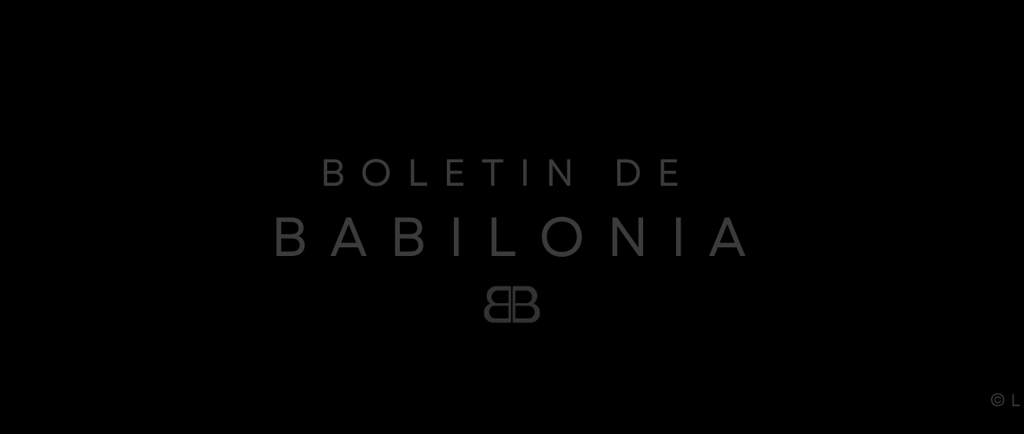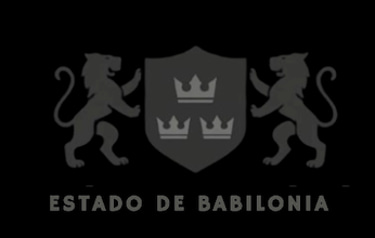Bernard Shaw House
Shaw in my Paris ASE corruption detained kid William's name
Lea Celik Sommerseth Shaw
10/15/2025


Bernard Shaw: Irish legend
by Lea Celik Sommerseth Shaw
In my Brick Lane neighbourhood, after my studies in Gallery, Film, and Cultural Management at Birkbeck, I undertook many independent projects before the birth of my first kid, William briefly called Edward. While expecting in 2016, I was renting a flat in the historic Spitalfields Bernard Shaw Estate, I wanted to name him after where I found I was expecting him, and the Shaw in my kid’s name has no any other association than tribute to my favourite Irish legend.
George Bernard Shaw was not merely writer, but as a living rebellion, a man who turned language into a mirror for conscience. His voice was not just Irish or European; it was cosmopolitan, prophetic, and timeless. I find myself drawn to Shaw not through literature alone, but through the courage with which he lived his convictions.
Shaw wrote as one who understood that intellect, when untempered by morality, becomes tyranny, and that morality, when unillumined by intellect, becomes fanaticism. In his paradoxes, I find clarity; in his satire, compassion. He used the theatre as a pulpit not of religion, but of reason an altar to human potential.
He believed that progress is born not of comfort, but of contradiction. I understand that sentiment deeply. As a woman, a mother, and an independent creator, standing often outside constitutions, yet reshaping them through persistence, I have felt that same contradiction between vision and reality, ideal and survival. Shaw’s courage reminds me that social transformation begins with the individual who refuses to submit to mediocrity, racism and fascism.
What fascinates me most about him is not his sharpness but his tenderness. Beneath the irony, there was love, love for the working man, the creative, the misfit, and the visionary. He distrusted power, yet believed passionately in the power of the mind to liberate humanity. His socialism was not a doctrine but a discipline of empathy.
When I read Man and Superman, I see not only a play but an inner dialogue between creation and creator. When I revisit Saint Joan, I feel the same fire that burns in every woman who refuses to be silenced by the language of doubt. Joan, in Shaw’s hands, becomes every woman who has ever spoken truth to authority and paid the price.
I often imagine how Shaw would respond to our world today, with its noise, haste, and moral exhaustion. I suspect he would still believe that thought, courage, and humor are the only defenses left against chaos. His wit would not have dulled; his defiance would still inspire.
To me, Shaw represents the ultimate ideal of the writer: one who unites art, ethics, and intellect, not for fame, but for the evolution of humanity. And perhaps that is why I feel kinship with him. Our surnames may align by coincidence, but his spirit, his insistence on thinking, on questioning, on transcending, feels like an inheritance I willingly accept.
In an age of noise, Bernard Shaw remains a symphony of reason. In a century of conformity, he remains an act of faith.
Lea Celik Sommerseth Shaw
Nile Delta, 15 October 2025
LCSS INC™ LCSS Holdings LTD. LCSS Foundation LTD Lea Sultan Celik Isik Sommerseth Shaw Hendy INC.
ALPHA OMEGA EDICION
Please Note Lea has closed her X, LinkedIn, Bluesky. Above linked are Lea's Only Social media.
© 2025 LCSS INC. Lea Celik Sommerseth Shaw. All rights reserved.
